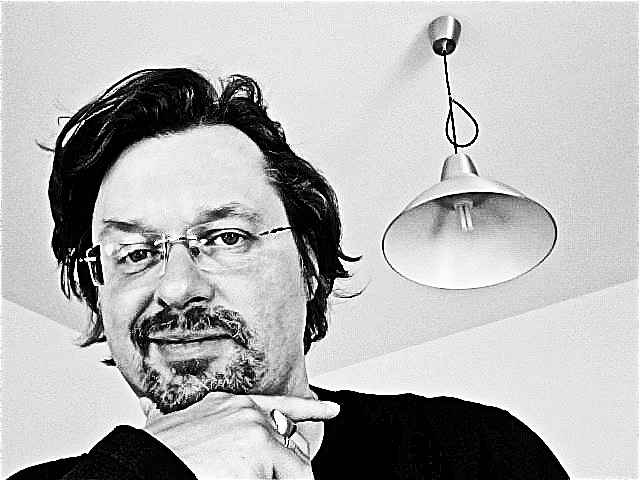 E-mail address: schroeter@medienwissenschaft.uni-siegen.de
E-mail address: schroeter@medienwissenschaft.uni-siegen.de
Home institution: University of Siegen
Academic position: Prof. Dr.
Areas of research: Media Studies (Theory and history of digital media, theory and history of photography, theory and history of three-dimensional images, intermediality, copy protection)
Title of the presentation: Optical / Visual / Non-Optical Media ? the Complexity of Technical Images
Most important Publications
- Editor [with Joachim Paech]: Intermedialität analog/digital. Theorien, Methoden, Analysen, München: Fink 2008;
- Editor [with Albert Kümmel]: Äther. Ein Medium der Moderne, Bielefeld: Transcript 2008;
- Editor [with Manfred Bogen und Roland Kuck]: Virtuelle Welten als Basistechnologie von Kunst und Kultur? Eine Bestandsaufnahme, Bielefeld: Transcript 2009;
- Editor [with Gundolf Winter und Joanna Barck]: Das Raumbild. Bilder jenseits ihrer Flächen, München: Fink 2009;
- Editor [with Stefan Rieger]: Das holographische Wissen, Berlin: diaphanes 2009.
- Editor [with a master project group]: Kulturen des Kopierschutzes I + II, Siegen: universi 2010.
- New monograph: 3D. Geschichte, Theorie und Medienästhetik des technisch-transplanen Bildes, München: Fink 2009.
Title of the presentation
Optical / Visual / Non-Optical Media ? the Complexity of Technical Images
Abstract
The role of perception or to be more precise: theories of perception for the understanding of the history and aesthetics of media is often discussed in an undifferentiated way. One example: Kittler?s famous claim ? quoted in the exposé for the conference in Szeged ? that ?technical media build on overwhelming our senses? presupposes that knowledge about the senses is implied in the genealogy of technical media. But generalized in this way the claim simply is wrong. There are indeed imaging technologies, which are build to overwhelm our senses ? in presupposing knowledge (at least in an empirical sense) about them ? e.g. film and stereoscopy. But there are also imaging technologies which do not at all presuppose knowledge on perception ? e.g. photography and holography. These media presuppose not physiological optics (Crary) but physical (geometrical or wave) optics. They presuppose knowledge (at least in an empirical sense) about the behavior of light. And some of these technologies produce information, which is not even addressed to human eyes ? they are optical rather than visual media. In the first part of the talk these differences will be reconstructed.
But even more: There are forms, which do not fall in one of these categories. Coming from a long history from drawing and painting and re-emerging in digital images there are parallel-perspectival representations, which neither accord to human perception nor to the behavior of light. Digital computers cannot only approximately simulate visual and optical media, they can even include non-optical forms of imagistic representation and combine all this different forms. This point will be made in the second part of the talk.
Finally this shows that the complexity of contemporary technical imagery cannot be reduced to physiology, optics or non-optical forms alone. Perception is just one element among others.
